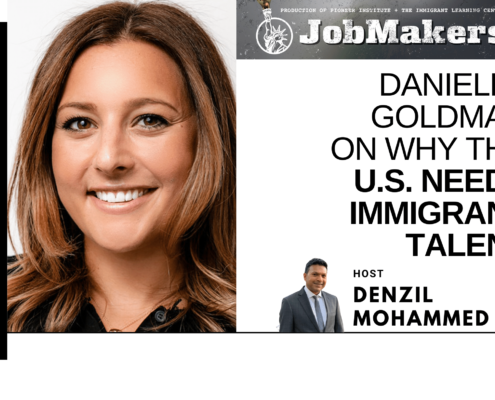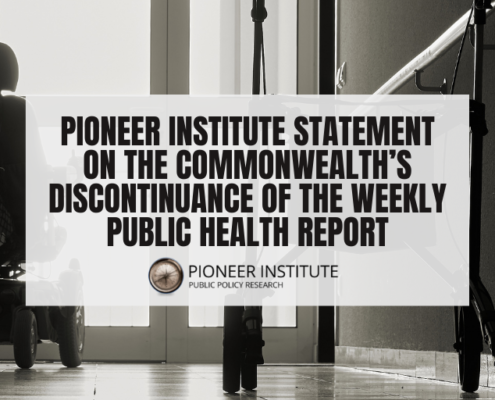Study Warns that New Hampshire Tax Policies Would Exacerbate Impacts of a Graduated Income Tax
BOSTON – Drawing on migration patterns between Massachusetts and states like Rhode Island and Tennessee, Pioneer Institute is releasing a study showing a direct correlation between personal income tax rates and household domestic migration patterns between 2004 and 2019. The study suggests that instituting a graduated income tax will shrink the tax base and deter talented workers and innovative employers from coming to and staying in the Bay State.
The analysis is timely given that it comes on the heels of a budget amendment in the New Hampshire state legislature that will eliminate the state’s interest and dividends tax by 2027. The study is the latest part in the Institute’s “Back to Taxachusetts?” white paper series, which analyzes the impacts of a proposed amendment to the Massachusetts constitution that would increase income and long-term capital gains taxes to 9 percent and short-term capital gains to 16 percent for all households and pass-through businesses earning in any year more than $1 million.
“After Tennessee phased out their interest and dividends tax in 2016, we saw a spike in domestic migrants favoring The Volunteer State over Massachusetts,” said Andrew Mikula, author of A Timely Tax Cut: How New Hampshire Tax Policy Changes Could Worsen the Impact of Massachusetts’ Graduated Income Tax. “The stakes are even higher between Massachusetts and New Hampshire because southern New Hampshire is part of Greater Boston’s regional economy.”
The new Pioneer study also examines the impact of historical tax policy changes on migration between Massachusetts and other states in the northeast. New York and New Jersey, for example, both have top tax brackets over $1 million with rates far higher than that of Massachusetts. Net migration trends between Massachusetts and New York have increased taxable income in the Bay State by nearly $200 million annually.
Meanwhile, Rhode Island’s 2011 tax cut, which dropped the top marginal rate on personal income from 9.9 percent to 5.99 percent, seems to have contributed to a reversal in capital flows later in the decade. While moving from Rhode Island to Massachusetts was more common than the inverse for every year between 2005 and 2015, MA-to-RI moves have outnumbered RI-to-MA moves every year since 2016.
The new paper makes it clear that, by motivating shifts in the flow of taxable income into and out of a state, tax policy has serious implications for the growth of the state budget. Between 2008 and 2020, Connecticut’s top marginal income tax rate increased from 5 percent to 6.99 percent, even as Massachusetts’s top rate decreased from 5.3 to 5.0 percent. Over the same period, the state budget grew by 63 percent in Massachusetts, and just 22 percent in Connecticut.
“For the past four decades, Massachusetts’s economic brand of innovation and stable taxes has made the Bay State the strongest private sector job creator in New England and one of the top performing economies nationwide,” said Jim Stergios, Pioneer’s Executive Director. “With state tax coffers awash in federal cash and billions in surplus because of our growing economy, there is no earthly reason to raise taxes and reverse the flow of jobs and wealth. Only ideologues would want to put our healthy economy at risk — now and for generations to come.”
About the Author
Andrew Mikula is a former Economic Research Analyst at Pioneer Institute and current candidate for a Master’s in Urban Planning at Harvard University.
Pioneer’s mission is to develop and communicate dynamic ideas that advance prosperity and a vibrant civic life in Massachusetts and beyond. Pioneer’s vision of success is a state and nation where our people can prosper and our society thrive because we enjoy world-class options in education, healthcare, transportation and economic opportunity, and where our government is limited, accountable and transparent. Pioneer values an America where our citizenry is well-educated and willing to test our beliefs based on facts and the free exchange of ideas, and committed to liberty, personal responsibility, and free enterprise.
Get Updates on Our Economic Opportunity Research
Related Posts











